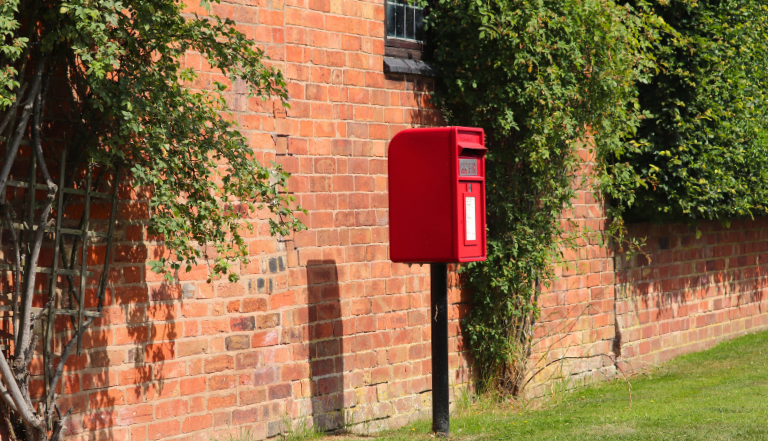The address for service requirement
An address for service (AFS) is an address that is used to correspond with the UK Intellectual Property Office (UKIPO), it can be the address of the trade mark owner but is often the address of a professional representative. Following Brexit and the end of the transition period, an AFS was required to be an address within the UK, Channel Islands or Gibraltar (effective 1 January 2021), and any new applications, oppositions, revocations, invalidity actions and certain other substantive actions relating to IP rights required such an AFS.
Where a trade mark right was a comparable UK right (a clone of an EU trade mark right created in the UK following Brexit), it did not require a UK AFS for three years from its creation, including where it was the subject of challenge. This did not apply to cloned registrations created from EU designations within a Madrid Protocol Registration which required a UK AFS where substantive action was required.
From the 1st January 2024, it has been a requirement that an AFS in relation to comparable UK trade marks is an address within the UK, Channel Islands or Gibraltar; an address within the European Economic Area is no longer accepted in relation to certain proceedings affecting these rights. These proceedings include new oppositions, revocations and invalidity actions. Additionally, a trade mark owner can no longer voluntarily change its AFS to an address outside of the UK, Channel Islands or Gibraltar.
Where a UK trade mark is challenged by a third party and the AFS recorded is not in the UK, the UKIPO will send a letter by post to the listed address and set a one-month deadline to provide a UK AFS. If a UK AFS is not provided, the proceedings will be deemed undefended and the action may succeed by default.
What has been updated?
The UKIPO’s latest updates, released on 3 April 2024, relate to the enforcement of the address for service requirements that came into effect on 1st January 2024. The UKIPO is now taking a more proactive approach to ensuring that applications have an effective AFS within the UK, Channel Islands or Gibraltar, and treating applications as withdrawn where this requirement is not met. Further, if applications are found to have a false or misleading AFS, they may be refused on the finding of bad faith.
In order to effectively handle these requirements and related complaints, the UKIPO has introduced a mechanism allowing third parties to report applications that are believed to have an ineffective AFS. The UKIPO has also launched a new AFS team, which will investigate alleged ineffective AFS addresses, such as false addresses where correspondence cannot be delivered. Whilst a PO box or ‘care of’ address may be accepted as an AFS, it must be a valid address where notices or letters can be delivered and read by the intended recipient. If not, there is a real risk that a PO box or ‘care of’ address in the UK may be deemed an ineffective AFS.
In addition, the UKIPO has confirmed that it has the power to prevent an unregulated agent from acting as a representative before the UKIPO if that agent has been found guilty of misconduct.
What does this mean?
This update follows concerns that have been raised over applications being filed with an ineffective or false UK AFS. Such applications can result in increased costs for trade mark owners who wish to challenge those applications, since threats of opposition would simply fall on deaf ears, leading to trade mark owners being forced to file opposition proceedings in order to protect their rights. It is hoped that this problem will be lessened as a result of the new AFS practice, through a crackdown on overseas applicants using PO boxes in the UK that are incapable of properly receiving and responding to correspondence from the UKIPO within specified time limits.



